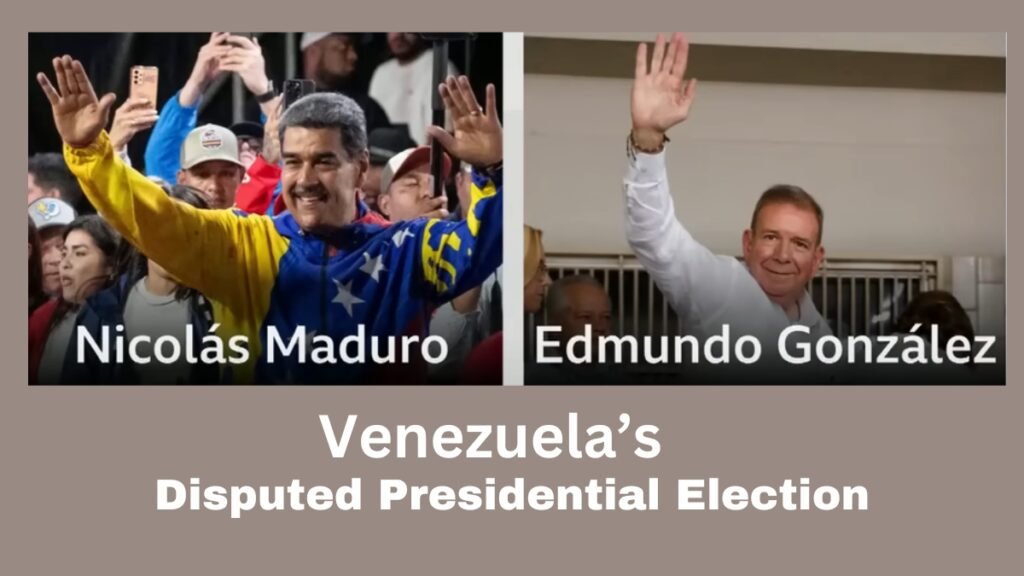In the wake of a disputed presidential election, Venezuela has plunged into a period of intense unrest. Thousands of protesters have taken to the streets of Caracas, clashing with riot police, resulting in hundreds of arrests, at least 11 deaths, and numerous injuries. The protests erupted following the contested victory of President Nicolás Maduro, who claimed 51% of the vote against opposition candidate Edmundo Gonzalez’s 41%.
The opposition, led by Gonzalez, has vehemently rejected the election results, labeling them as fraudulent. Gonzalez and his supporters have claimed to possess 80% of the voting tabulations, asserting that they reflect his true victory. In response to the growing unrest, police have surrounded the Argentine Embassy, where six opposition figures have sought refuge.
International scrutiny has increased pressure on Maduro to substantiate his electoral win. The CTER Center, an NGO invited by Venezuelan officials to monitor the election, has criticized the process, stating that it did not meet international standards of electoral integrity and could not be deemed democratic. The Venezuelan government and the National Electoral Council have yet to release detailed voting data, further fueling skepticism and outrage.
Maduro, in an attempt to address the allegations, recently approached the Supreme Court in Caracas to request an audit of the election results. However, the CTER Center has expressed doubt regarding the independence of the court, citing its close ties to Maduro’s administration.
Benjamin Gdan, Director of the Latin America Program at the Wilson Center, highlighted the pre-election polls, which had shown a significant lead for the opposition. Gdan, referencing independent quick counts and exit polls, suggested that the election was likely manipulated. He remarked, “All the data and any independent-minded observer have concluded that this election was stolen.”
Maduro’s regime, which seeks international legitimacy and economic normalization, may have miscalculated the extent to which it could manipulate the election. The blatant irregularities have only served to isolate the government further, both domestically and internationally.
The situation on the ground remains volatile. Mariana Zuniga, a journalist covering the events, described the tense atmosphere in Caracas, with businesses closing and residents engaging in “nervous shopping” amid widespread uncertainty. The heavy military and paramilitary presence on the streets underscores the gravity of the crisis.
As Venezuela navigates this turbulent period, the international community watches closely, hoping for a resolution that upholds democratic principles and addresses the grievances of the Venezuelan people.

